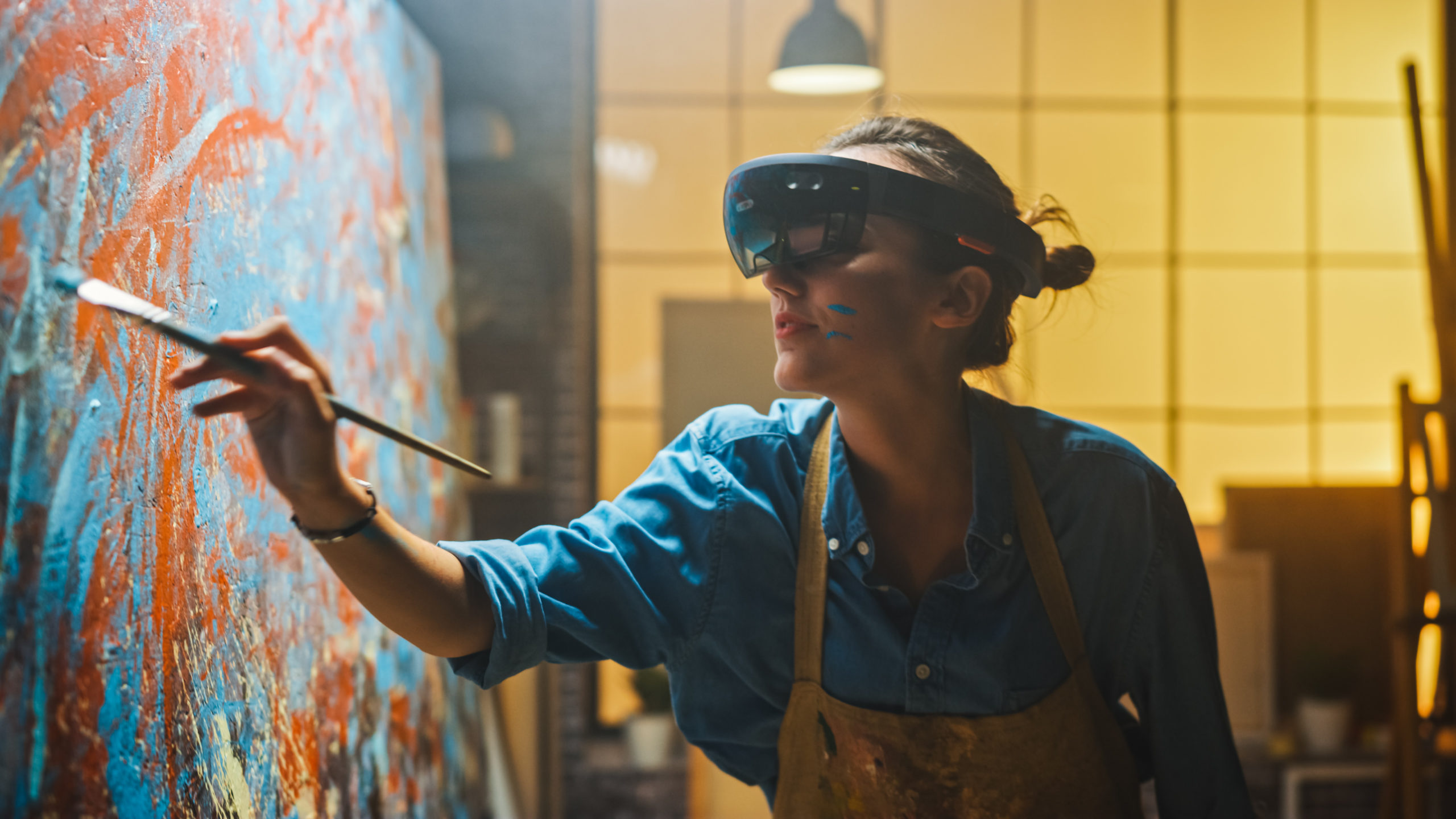Use Natural Conversation Locales to Build a Happier Office

Redesigning your office space can measurably improve morale as well as the flow of creative ideas, but it doesn’t have to cost a fortune. Take it from Elliot Felix, founder of the office-space consultancy Brightspot, who worked on Google’s $1.9 billion renovation project in New York City, but also advises smaller companies on how to foster creative collaboration on a shoestring budget.
Step one is to observe where conversation gathers naturally in the office space. Where is the proverbial water cooler? Is it by a window that overlooks a natural landscape, or by the kitchen, or by some plants? Wherever it is, concentrate some office furniture around the location, e.g., a big table with some chairs, loosely strewn. The point is to allow for natural gatherings, not require etiquette-centered conversation.
“Instead of meeting with a coworker 10 days from now and putting half an hour on the calendar, people would just talk for five minutes at the big table. If a person saw someone taking a coffee break, they might take one, too, and quickly ask questions about a project they are both working on.”
The open-plan office space, which has become nearly standard, was originally innovative for the way it allowed conversations to take place without scheduling a meeting. The danger, however, is that it excuses interruptions, which are deadly for employees trying to make progress on specific projects.
Jason Fried, co-founder and president of Basecamp, the Chicago-based web-application company, shared with Big Think how his company, whose main product is workplace innovation, designs their corporate offices. It’s a delicate balance of having the freedom to create spontaneous interaction while being free from interruption:
“We choose very acoustically friendly materials. Lots of felt, some foam, cork, materials stacked at different levels, so the sound reflects instead of bouncing around. We get rid of the echoes. We have sound-insulated rooms that we do use when we do need to talk to other people. We do have an open workspace; everyone has an open desk, but we also have these things called ‘team rooms’ that are sound-isolated. So they can have a conversation, loud if they want, but not bother everyone else who is working.”
Read more at Fast Company.





